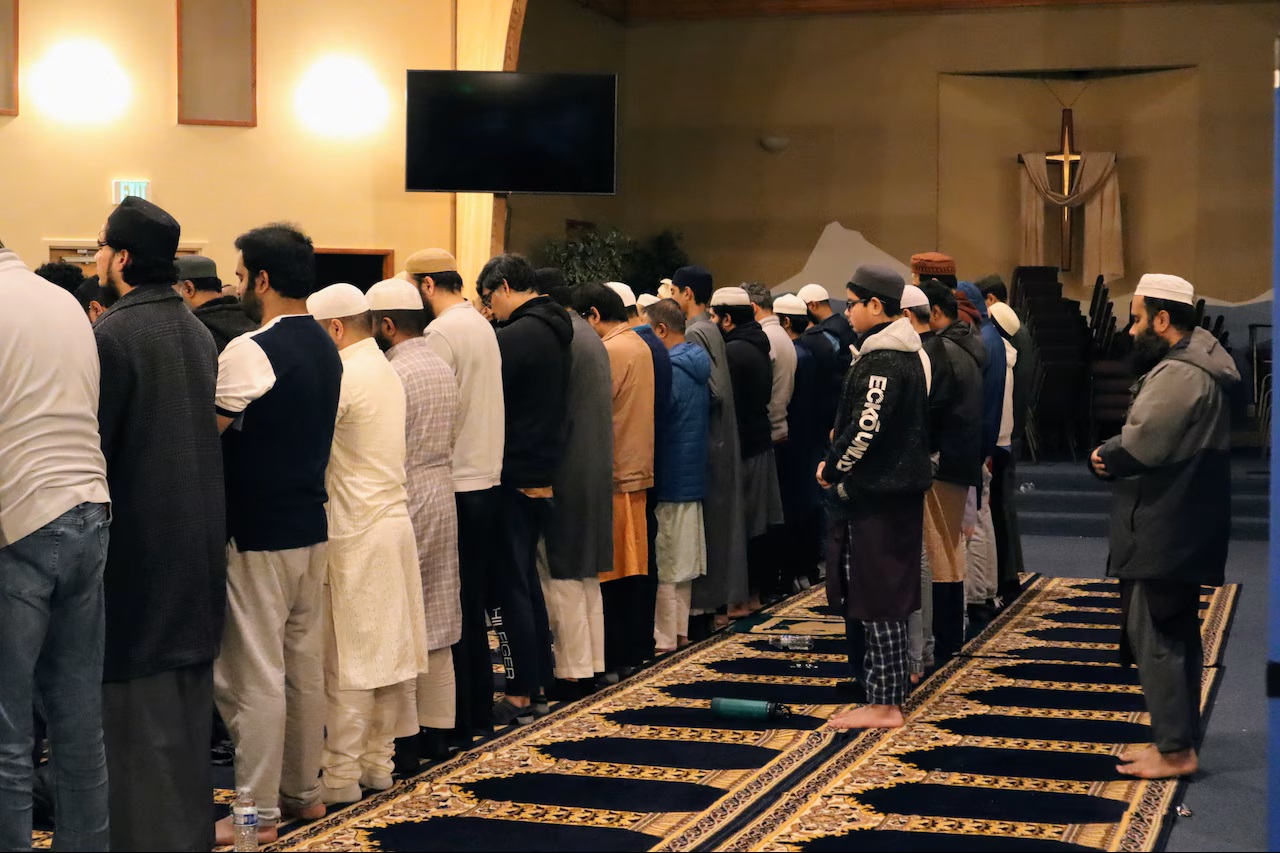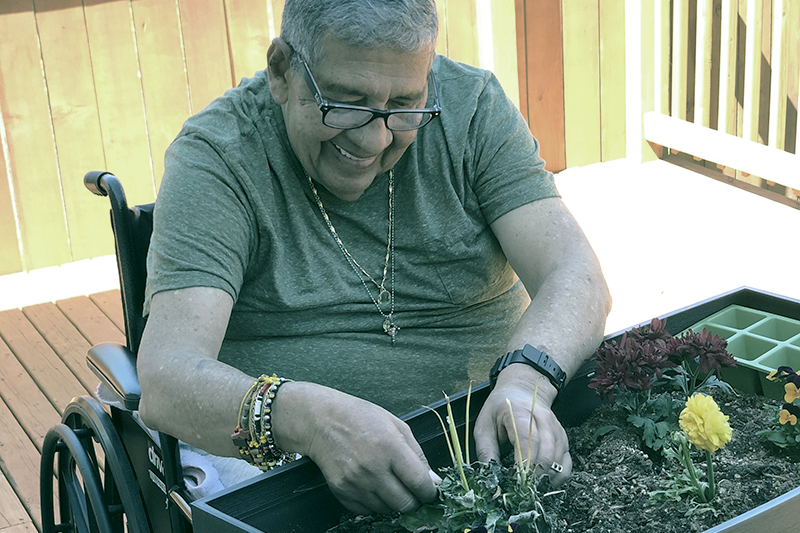
A Dream Center for AYCO
Black- and Immigrant-owned business
3 jobs created in a high-poverty area
$3.6 million in real estate remains locally-owned
Serves low-income families
213,456 gallons of water conserved annually
AYCO, a nonprofit that serves the East African immigrant and refugee community, wanted to purchase a building that would provide stability and let them grow. A conventional loan, however, was not consistent with Islamic law. Craft3’s Shari’a-compliant Musharakah financing let them purchase an 18,000 square foot building that will become the Dream Center.
The African Youth & Community Organization (AYCO) was at a crossroads in 2020 when they learned their building was being sold for redevelopment. As a nonprofit that serves mainly refugees and immigrants, having a stable home and place for community to gather was especially important. AYCO provides strength-based and trauma-informed services for youth and families, including academic support, athletic programs, and community engagement and outreach.
A major obstacle to purchasing abuilding, however, was the difficulty of finding financing that was consistent with Islam’s prohibition against charging or paying interest. This leaves many community organizations and businesses unable to access capital and forced to assemble the full cost of the project before moving ahead.
Recognizing this barrier, Craft3 offers Shari’a-compliant financing. Rather than charging interest, this financing is based on shared ownership and shared risk. Craft3’s Shari’a-compliant financing let AYCO purchase an 18,000 square foot building in East Portland that will become the Dream Center. In addition to space for AYCO, it will also include a Head Start facility and prayer space. Executive Director Jamal Dar explains, “This building means a lot to our community. It will be a welcoming home for 20,000 immigrants and refugees in the Portland area.”
Reflecting on the experience, Jamal notes, “Craft3 was very humble. They were there to support and guide us and ensure we were successful. They made the financing process simple, but also asked hard questions such as, ‘How will we be repaid given that there isn’t proven revenue?’” For Jamal the process was empowering and educational. Working with Craft3 helped him become more comfortable with his organization’s finances.
Jamal encourages other organizations that might be interested in Shari’a-compliant financing to start the application process. “Craft3 will work with you and help you determine if your idea will work.”


















